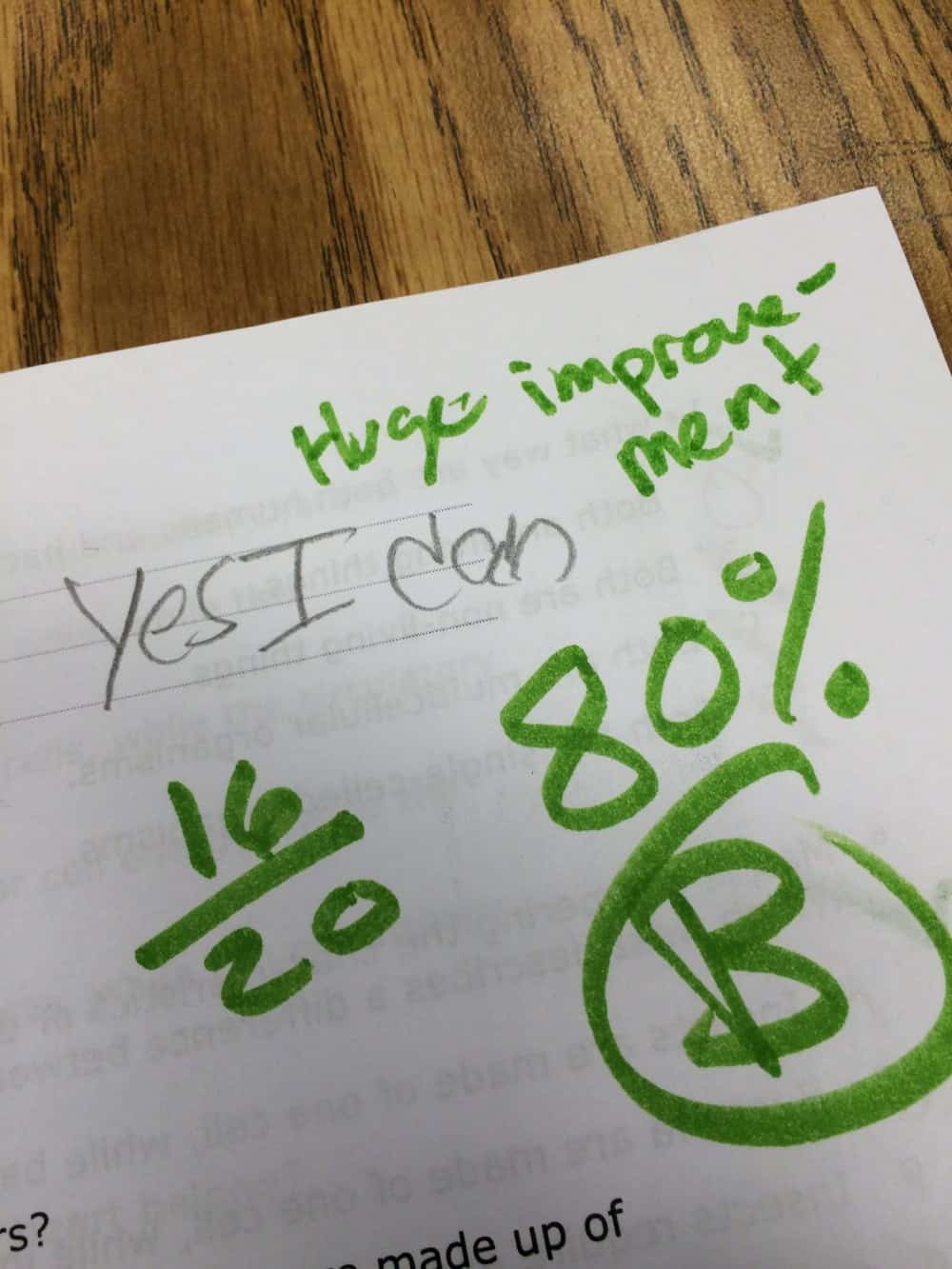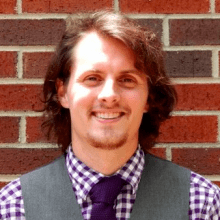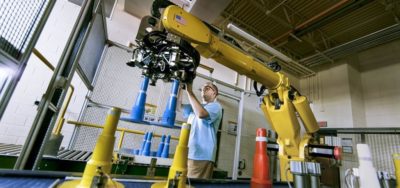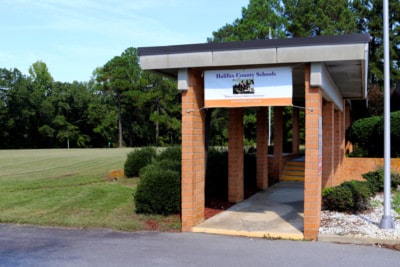I am reminded daily that the idea of an education is a true source of hope for social and economic prosperity. To hope is easy. To overcome requires another mindset entirely. This too is the season of resolutions – failed resolutions. Forbes Magazine reported the findings of the University of Scranton that claimed only eight percent of people achieve their New Year’s goals. “Vague goals beget vague resolutions.” says researcher John Norcross.
Norcross’s study suggested that “Losing weight “ is considered to be a vague and often insurmountable resolution. Let’s consider the resolutions we place on the public educators: “Provide children an education that will help them get out of poverty.” This resolution sets teachers up to be martyrs of a noble and too often insurmountable cause. Compare the resolution feasibility of dropping a few pounds versus overcoming the escape velocity of generational poverty. When the definition of success is vague or unattainable because of extraneous factors –morale and sense of purpose is greatly impacted. If we examine our resolutions, define realistic and meaningful metrics of success, and embrace a growth mindset – the idea of an education could once again be a true source of hope.
Our state has defined academic success for a 3rd grader to be one who can pass an End of Grade (EOG) reading test. It requires incredible stamina, and we’ve found children need to be reading above grade level to realistically pass. Our state assigns schools an A-F letter grade based 80 percent on the school’s achievement score and 20 percent on students’ academic growth. The reality is a school’s grade reflects the socio-economic population more than the capacity of its teachers.
A professional educator is a solution-oriented and capable problem-solver.
That pragmatic orientation is the reason we make a difference in the lives of individual children everyday.
We are smart, skilled, and striving to get meaningful results.
Data is important to us – in fact, we consider it to be essential. Teachers set targeted goals for students and provide the necessary supports for the child to attain the goal.
When growth is the mantra, the paradigm shifts.
My student – we will call him Jacob – failed his human body systems vocabulary test. My focus is mastery. If you scored below an 100 percent, we had a conference and the child was provided remediation and an opportunity to retake. Jacob worked hard took the test again and got a 76 percent. He cried. He begged to stay after-class. He asked to take it again – and scored 90 percent. This student’s desire to see more growth certainly impacted the kids around him. The unit final exam required students to understand how complex systems work together a huge step up from the basic vocabulary test. He got a 56 percent on the Unit Final. Again, he cried. I met with his mother; she was excited to see him studying so hard. She worked with him at night. He retook the test and got a 100 percent. Then he asked to retake the vocabulary test – 100 percent.
He is far below grade level. He has a single mother and lives in subsidized housing. The statewide predictive model gives this student (.1 percent) a tenth of a percent chance of passing his EOG. In the State’s eyes he will not be successful. By any authentic definition, Jacob was successful because growth was his mantra.
Our school grade is a D in reading. Many of my children will not pass the EOG. The fact that 100 percent of my students showed growth is only of marginal importance. But, if we can incrementally continue to achieve above expected growth, these children will catch up. My colleagues get the same results. However, because we will be judged and success will be determined by one metric – one that generally reflects socio-economic status versus our effectiveness – our morale and that of our students will continue to be impacted.
My resolution – 100 percent GROWTH on teacher-generated vocabulary assessments and benchmark tests. Empower students with a growth-mindset and hold them accountable with authentic and meaningful data. We will be realistic and pragmatic with our goals and we will experience success. Success builds on success. Growth encourages greater effort.
I expect Jacob will continue to struggle. I will be resolute as will my colleagues. We will make sure education remains a source of hope, an opportunity for growth.
William Butler Yeats once said “Education is not the filling of a pail, but the lighting of a fire.” We will light Jacob’s fire, rather than just measure how much he has in his pail.
Closing the socioeconomic opportunity gap is our purpose. It cannot be our resolution. As a policy we need to adjust school grades to reflect growth. Shift from an 80/20 benchmark:growth to at least 40/60. We need to put an end to summative EOG testing and move toward self-norming tests to monitor individual student growth over the course of the year. If teachers judgments are respected and their concerns are heeded, our children will experience more success.





